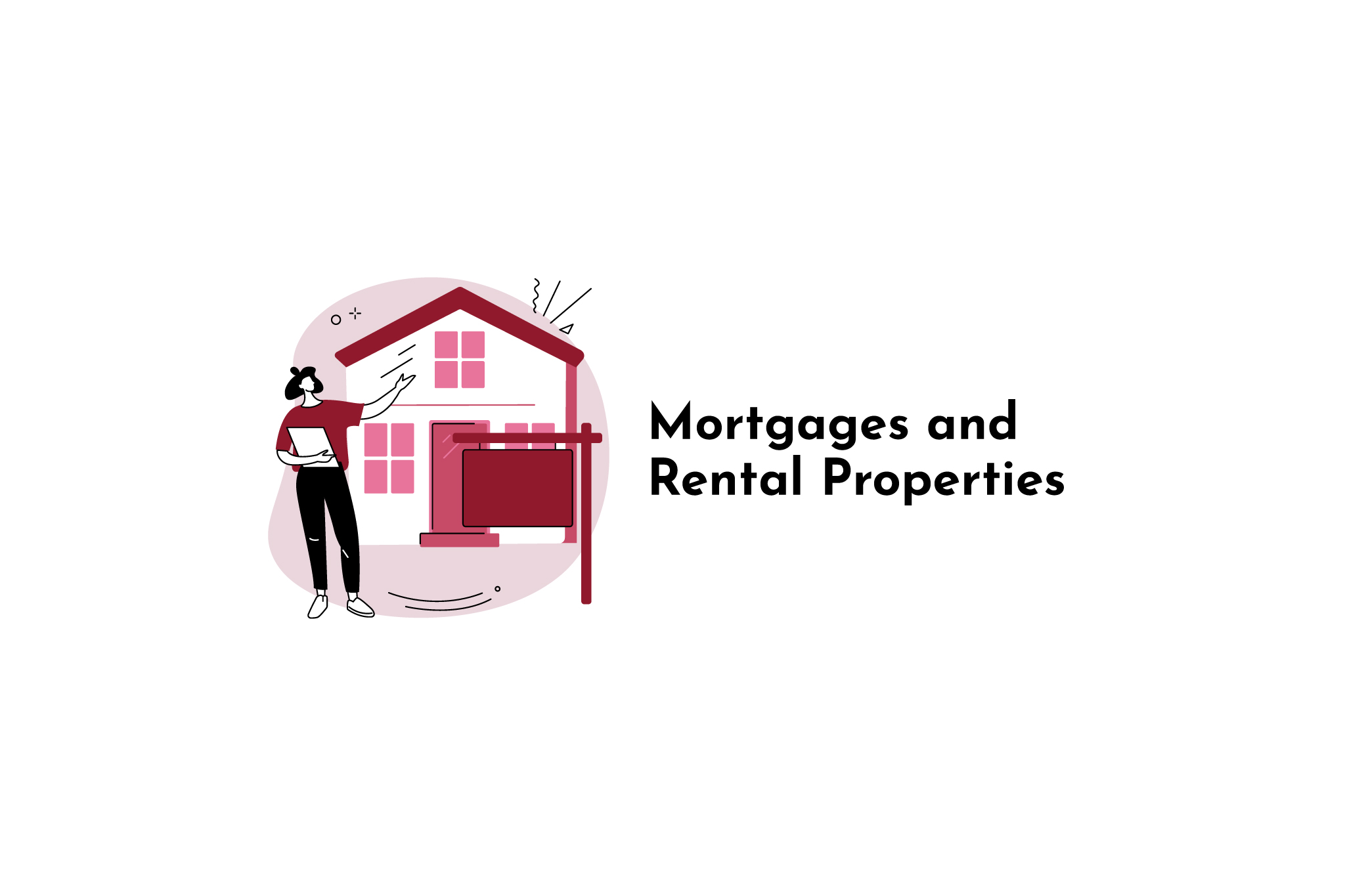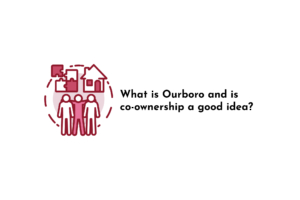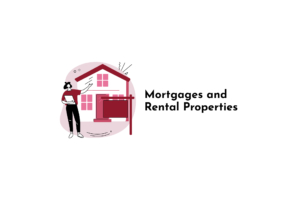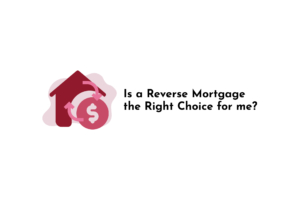Many people in Canada see investing in real estate as a great way to make their money grow. In particular, the idea of owning a rental property is appealing because you own an asset where there has historically been steady growth in its value while, at the same time, someone else is looking after providing the cash flow necessary to service the debt and upkeep associated with the property. Have you ever taken the time to drill down through and try and figure out what the best way to invest in a rental property is? How do you want your mortgage to work? What should I be looking for in a mortgage lender? This article will look at the idea of what you should be looking for from a mortgage when you are investing in a rental property in Canada.
In This Article:
- What type of Mortgage are you looking at?
- How does rental income factor into the calculation?
- What about interest rates?
- Should I focus on paying off my investment property mortgage?
- What should my mortgage broker do for me?
- Conclusion
- Frequently Asked Questions
What type of Mortgage are you looking at?
The most basic question that you need to answer on an investment property is this. Is it a commercial investment property, or is it a residential investment property? The answer typically comes down to how many units there are in the building. If there are more than five units, you will typically need to look at a commercial mortgage. This means that the interest rate you pay will be higher than a residential mortgage, and you will need to have a minimum of 20% for a down payment. If there are fewer than 5 units, then there are some follow-up questions. Is the purchase price below $1 million? Will your principal residence be in one of the units? Finally, do you have 20% for a down payment? If the purchase price is over $1 million or you won’t be living there, you will need to get a residential investment mortgage. These tend to have higher interest rates as well and require 20% as a downpayment. If the price is below $1 million and you will be living in one of the units, you can apply for a CMHC insured mortgage with a 5 – 10% downpayment. These typically have the lowest interest rates and are the style of mortgages that people are the most familiar with.
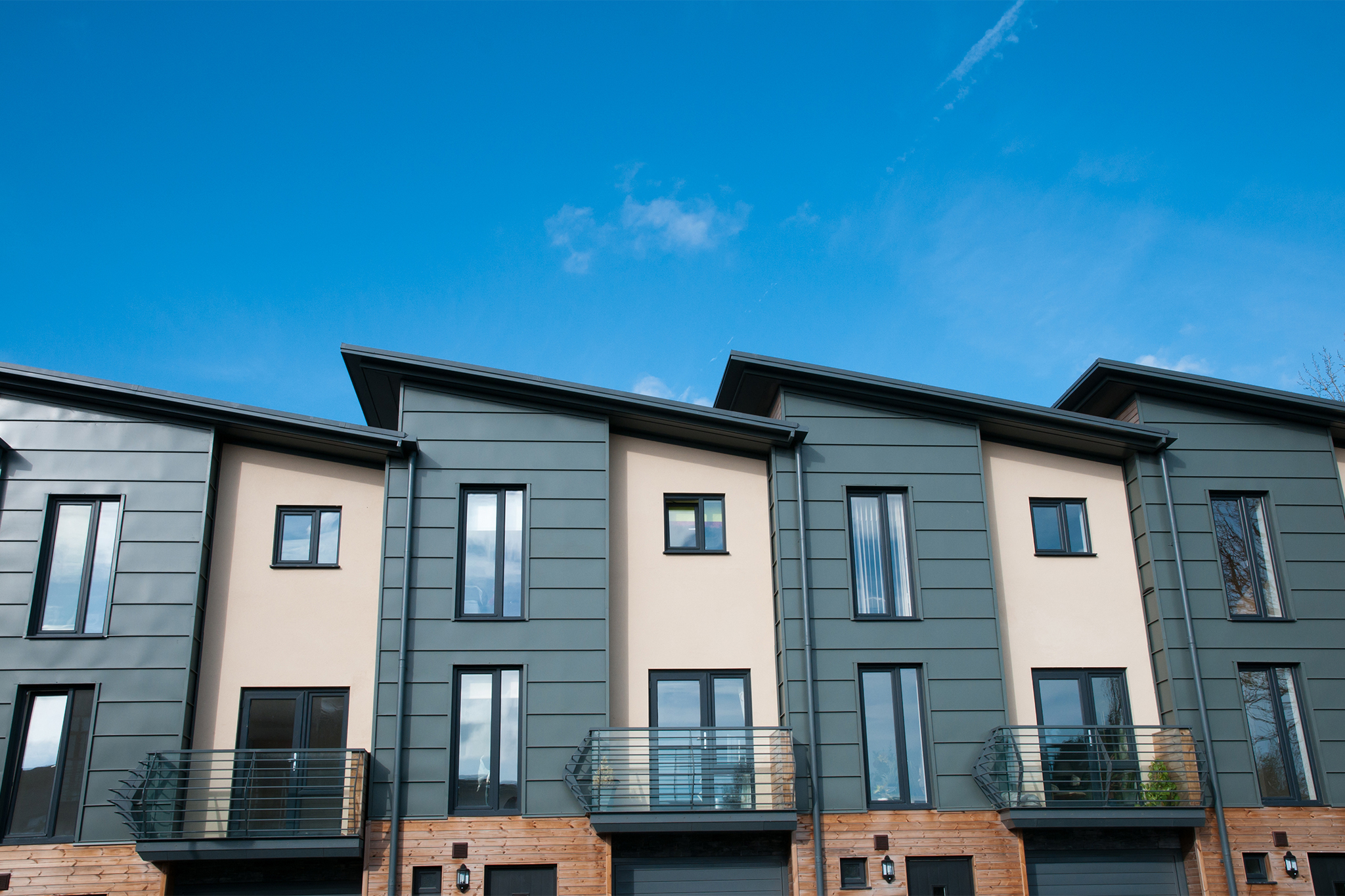
How does rental income factor into the calculation?
Commonly when you purchase an investment property, you would use the rental inclusion ratio method to calculate your ability to qualify for the mortgage. What this means is that when your ability to pay for the property is being calculated, half of the forecasted rental income from the property will be added to your personal gross income to determine if you can financially support the requirements of the mortgage. In order to qualify, you would need to add up the mortgage payments, property tax, heating costs and your other non-real estate debt payments; then, you divide that total by your gross income added to 50% of the forecasted rental income. This ratio needs to be no higher than 32% for most lenders to qualify you for the mortgage on the property. There are other methods of qualifying that will take rental income into account, but in all cases, you will only be able to include a portion of the expected income in the qualification calculations. Your gross earnings and other debts will factor into qualifying for a mortgage on an investment property.
What about interest rates?
Do you want the interest rate on your mortgage to be the lowest possible? When you are dealing with your principal residence, the answer to this is a resounding YES! In Canada, the interest that you pay on the mortgage for your primary residence is not tax deductible. Since it isn’t tax deductible, you want to pay the lowest interest rate possible. This is one of the key differences when it comes to investment properties, though. The interest that you pay on an investment property is tax deductible, so it isn’t as important to have the lowest rate possible here. When it comes to your investment property, cash flow that generates profit is the most important thing.
Should I focus on paying off my investment property mortgage?
This one is a more complicated question. Canadians have historically been coached that their mortgage needs to be paid off as a priority. The answer isn’t clear-cut when you are dealing with an investment property, though. When you are dealing with an investment property, you need to consider how much cash flow your property is generating for you. If you are cash flow positive, you may want to focus less on paying down the mortgage on your investment property. Remember that there are tax write-offs associated with the interest that you pay on an investment property mortgage. These same benefits don’t apply to your principal residence. This means that if you have a profitable investment property, you may be better off redirecting the profits towards paying down the mortgage on your principal residence mortgage rather than the one on your investment property. Another option that we see investors use is that they can take the positive cash flow that one property generates and save it up to create a downpayment for the purchase of additional investment properties. If you are in a situation where the property is not generating a profit, this may shift the answer. If the amount of monthly income you are garnering is not sufficient to make the mortgage payments and you need to supplement it with your personal money, you may want to consider that paying down the mortgage is a good idea to get you to the point where things are cash flow positive for the investment property.
What should my mortgage broker do for me?
First off, I am talking about a mortgage broker here. Not a bank. Repeat after me…not a bank. There are fundamental differences between dealing with a mortgage broker and one of Canada’s banks as your mortgage lender. I won’t go into detail here on what they are but suffice it to say, a mortgage broker will be able to provide you with all the same products and rates that a traditional bank can, but there are significant advantages that come with dealing with a mortgage broker that aren’t available through the banks. One of the most important considerations is how the penalties are calculated should you be required to break your mortgage. The brokerage world is at a significant advantage with how the penalty is calculated, and that advantage is in your favour. ‘What?’ You say, ‘the mortgage specialist at the bank has never mentioned this to me before.’ Exactly why would they? If they told people about this, most of them would walk out of the bank and find a broker. There, bank rant over, now on to the role the broker should play. Make sure that you pick a broker who works with you in fitting your investment property into your overall financial plan and asset mix. You need someone who understands your goals and how you hope to achieve them. Will this be your only investment property? Are you looking at building a real estate portfolio? Having a good partnership with a mortgage broker that you trust and that understands your goals is essential to your long-term success.
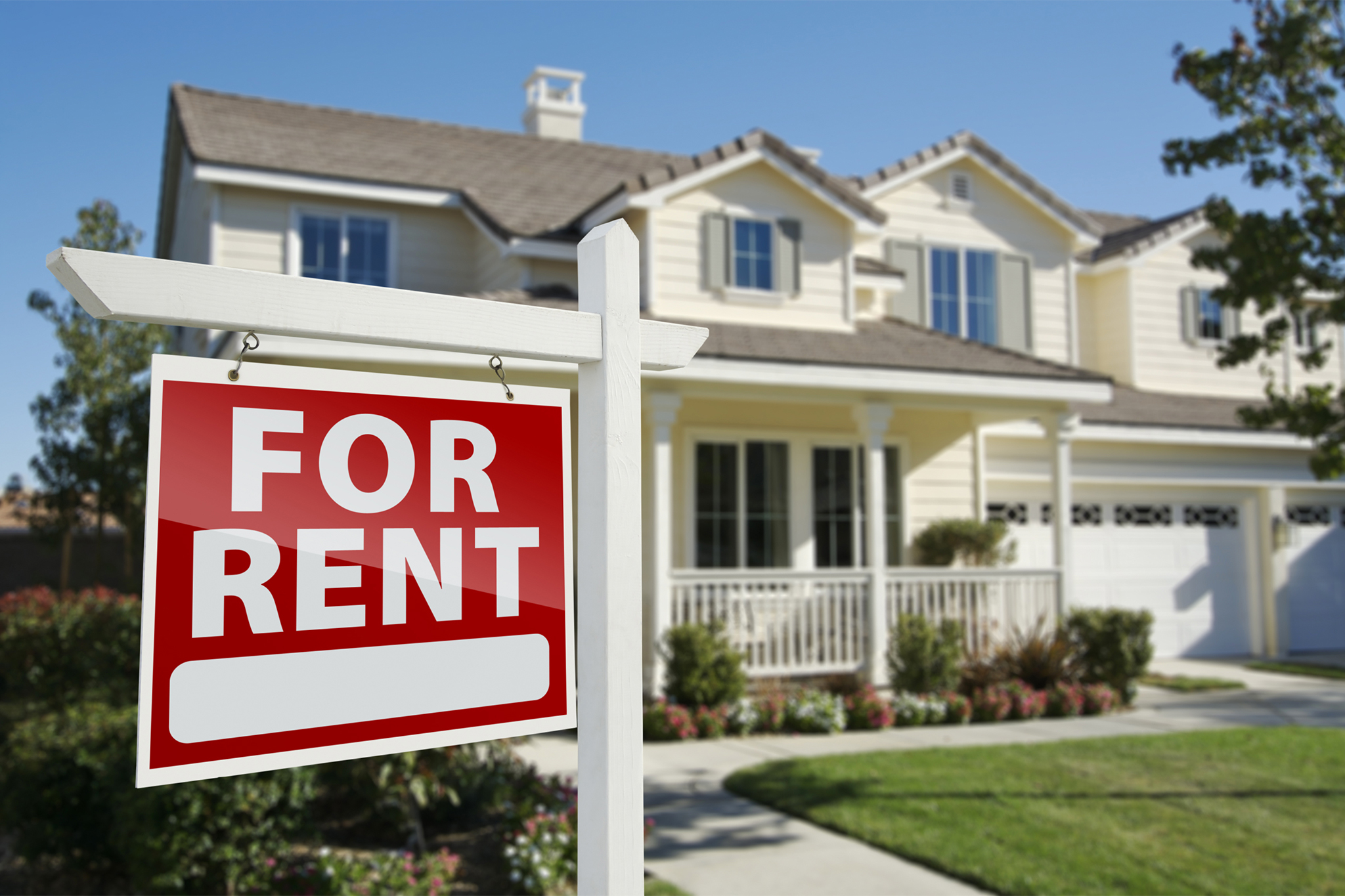
Conclusion
Owning an investment property (or many investment properties) can be a wonderful way to build out diversity in your investment portfolio and provide you with a multitude of options when it comes to planning for your financial future. It is important to understand that there are differences between your primary residence and investment properties that need to be accounted for. Dealing with knowledgeable, experienced mortgage brokers is the best way to make sure that you understand the process and how it works within your financial goals.
Frequently Asked Questions
Q) How does occupying one of the units as my primary residence affect the tax deductibility of the mortgage interest?
A) If you happen to live in a portion of the property that you purchased as an investment, you will be allowed to tax deduct a proportional amount of the interest on your mortgage. As an example, if it is a 4000-square-foot building and your unit makes up 25% of the space, you can only deduct 75% of the mortgage interest.
Q) Before buying an investment property, what are some of the areas I should think of?
A) There are costs that you need to consider. The downpayment and closing costs need to be factored into your calculations. You also need to know if there are any significant repairs that need to be made to the property prior to renting it out. These costs should be considered as well. You also want to make sure that you do your research regarding where the property is located and ensure that it is an area that has a high demand for rental space to make it easier to keep full.
Q) What are some of the pros and cons of owning rental properties?
A) Pros include generating monthly income, the potential appreciation in the value of your investment property and the extra tax deductions that become available to you. Cons can include that you are now a landlord and, as such, will have tenant concerns to deal with. Real estate is not always liquid, so if you get into a cash crunch and need to sell the property, it may take longer than you want it to. Finally, the net rental income that you make from the property is taxable, so you need to pay attention to income and expenses to avoid the surprise of being pushed into a higher tax bracket.
Q) What happens when I sell an investment property?
A) Aside from the sale of your primary residence sale of real estate is subject to capital gain calculation, and you may be required to pay income tax on a portion of the appreciation in the value of the property you are selling.


